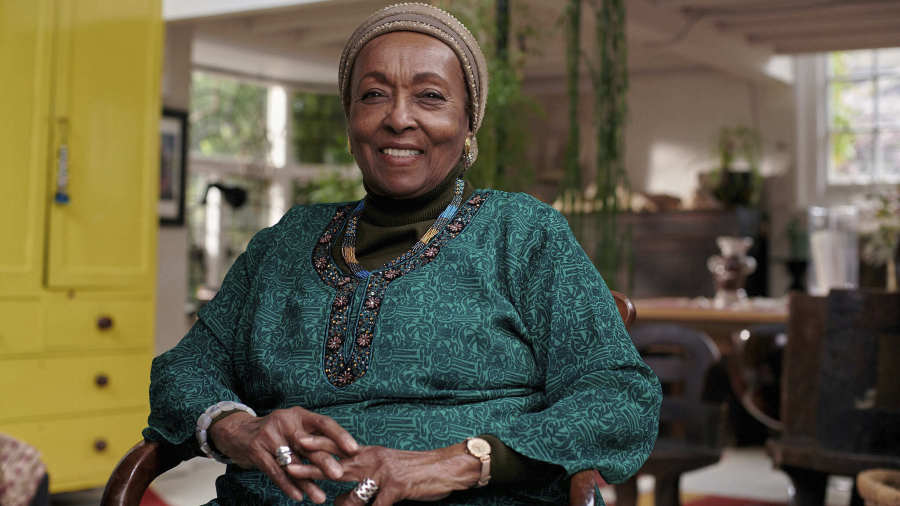Edna Adan Ismail, a nurse-midwife, hospital founder, and health care advocate who for decades has combated female circumcision and strived to improve women’s health care in East Africa, was named Tuesday as winner of the 2023 Templeton Prize, one of the world’s largest annual individual awards.
“Rooted in her Muslim faith, she receives this year’s award in recognition of her extraordinary efforts to harness the power of the sciences to affirm the dignity of women and help them to flourish physically and spiritually,” said the announcement. Among her achievements: the founding of a hospital and university which have significantly reduced maternal mortality in Somaliland.
The Templeton Prize, valued at nearly $1.4 million, was established in 1973 by philanthropist Sir John Templeton. It honors those “who harness the power of the sciences to explore the deepest questions of the universe and humankind’s place and purpose within it.”
Ismail, the first African woman to win the prize, “has used the teachings of her faith, family, and scientific education to improve the health and opportunities of some of the world’s most vulnerable women and girls,” said Heather Templeton Dill, president of the John Templeton Foundation.
“She has employed her many positions of authority to argue passionately that female circumcision is against the teachings of Islam, and deeply harmful to women.”
Ismail, 85, said she would donate some of her prize money to the U.S.-based Friends of Edna Maternity Hospital, for use in purchasing new equipment, hiring educators, and “training the next generation of health care workers that East Africa so desperately needs.”
Ismail was born in 1937 in Hargeisa, the capital of what was then British Somaliland. Her father was a doctor; due to his influence, she was covertly tutored alongside her brothers until she was 15. A scholarship exam, normally reserved for boys, qualified her to study in Britain, where she received an education in nursing and midwifery.
She returned to her homeland as its first medically trained nurse-midwife. According to the prize announcement, she was the first woman to drive a car in her country and the first appointed to a position of political authority as director of the Ministry of Health.
She later joined the World Health Organization, serving as regional technical officer for maternal and child health from 1987-91 and WHO representative to Djibouti from 1991-97.
She left her international career to return home with a dream of building a hospital. After newly re-formed Somaliland declared its independence in 1991 — though it remains unrecognized by foreign powers — its government offered her a tract of land previously used as a garbage dump.
She sold her assets to build the hospital, and raised more funds worldwide after a profile of her appeared in The New York Times. The Edna Adan Maternity Hospital opened in 2002.
While Somaliland’s health care system was in disarray, the hospital made great strides, dramatically reducing the maternal mortality. Its education program became Edna Adan University in 2010; it has trained more than 4,000 students to become doctors, nurses and other types of health professionals. More than 30,000 babies have been delivered at the hospital, where 80 percent of the staff and 70 percent of the students are women.
While progress has been made, FGM is still practiced in several countries; cases have come to light in Britain, the United States, and elsewhere.



